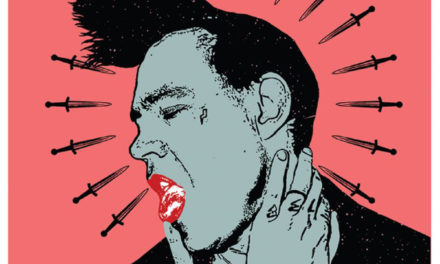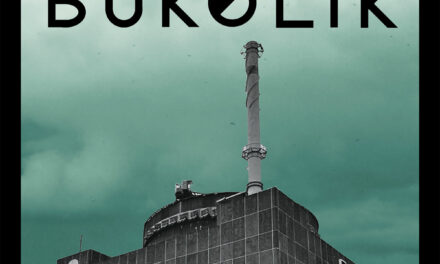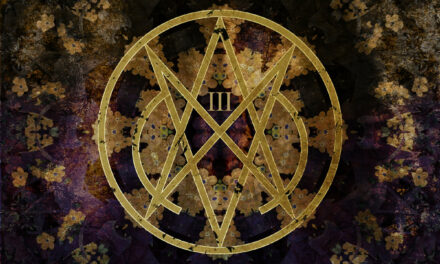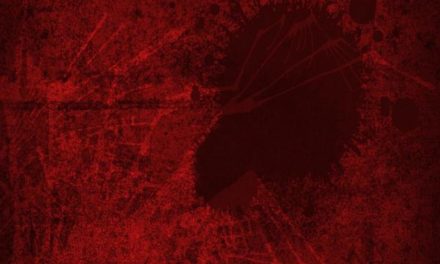Quick refresher on this semi-regular feature here at I Die: You Die; A Game Called Echo is the thing where we recommend a more recent album you might enjoy if you’re a fan of a classic record. That’s it, basic as it gets.
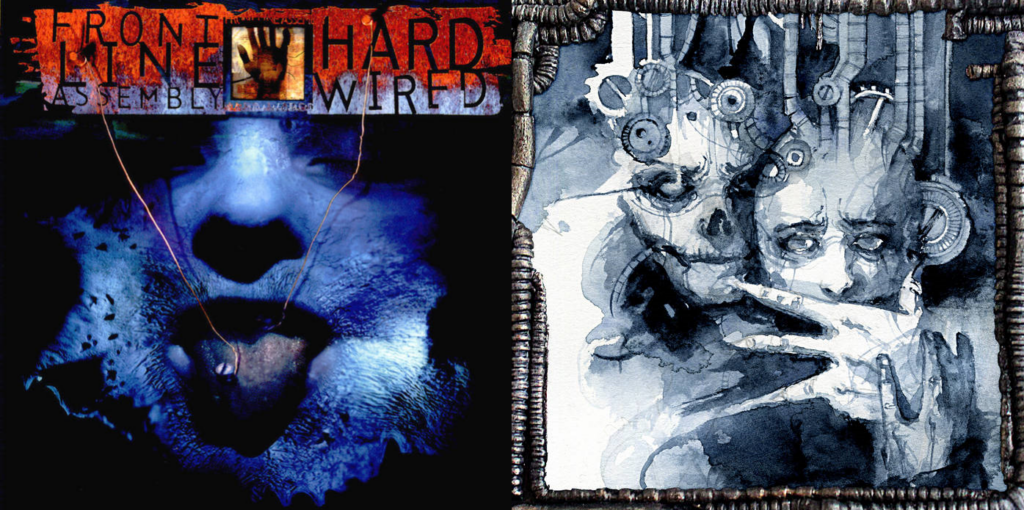
Look, if you’re reading this website you’ll know trying to summarize the importance of any one of the Big Four albums of Front Line Assembly in a single paragraph is a fool’s errand, so for the purposes of this particular column we’ll draw your attention to the balance and maturity held by the last of those records. Learning from some of Millennium‘s excesses, Hard Wired reigns in the chugging guitar and marshals it within Fulber’s propulsive programming, rather than allowing it to run roughshod. Between new styles of sample manipulation and ornamental programming, the record ushers in a whole new host of sounds used to conjure the cybernetic hellscape just on the horizon which FLA had been pursuing for half a decade (and which they’d never stop chasing), while still keeping the whole record’s feel within the brooding, gloomy ethos they’d had on lock for years. Your personal mileage may vary in terms of which Front Line record you feel to be their strongest, but few of them manage to reach Hard Wired in terms of equilibrium.
We come across a whole lot of records which like to tout their “cyberpunk” credentials, which sometimes amounts to little more than “we glued some old circuits to our guitars and sampled Robocop“. Thankfully, that’s not the case with the debut from Italian act Kurs. More than the narrative threaded through Muter or in the glitchy sounds which augment its classic electro-industrial programming, its the oppressive and menacing mood of the record which links it both to the origins of cyberpunk lit and to attempts to render it in aural form by the likes of FLA. It’s one thing to be influenced by the rhythmic swing of FLA’s basslines, it’s a whole other to tap into the murky grime and smog-filled nights which make up the setting of records like Hard Wired, and that’s where Muter ends up distinguishing itself from so many other cybershaded pretenders to the crown.

Nobody really talks about Concrete Blonde’s role as a gateway band into the broader world of goth, largely because aside from the omnipresence of the title track from 1990’s Bloodletting, they didn’t release many songs that fit musically into the tradition of Our Thing. To wit, the Hollywood-based rock combo fronted by Johnette Napolitano were probably closer in spirit to bands like The Pretenders or Fleetwood Mac than Bauhaus or Siouxsie & the Banshees. That said, there’s an aesthetic argument to be made for the particular way Bloodletting‘s downcast mood and Napolitano’s powerful voice work together, taking the tropes of American hard rock and injecting them with a gravitas that is gothic if not strictly goth. And yeah, “Joey” remains a jam the world over (the chances of hearing it at any random karaoke bar you happen into remain high in 2024), but there’s some excellent deeper cuts too, like “The Beast” which isn’t dissimilar from the the rock chug of Vision Thing, or the folky “Darkening of the Light” which sounds kind of like what you’d get if Nick Cave covered REM circa Fables of the Reconstruction.
So if you’re one of the folks who holds a candelabra for that record’s particular brand of rock grandeur, good news, Rosegarden Funeral Party’s excellent 2019 LP Martyr has you covered. Sure the comparison could be made on the basis of frontwoman Leah Lane’s phenomenal singing voice and guitar playing, but there’s more to it; the Texas trio channel a specific mix of longing and ever-so-slightly theatrical angst that is a dead match for the energy that made Bloodletting resonate. Check the way Lane hits the all or nothing hooks of “Mirror’s Image” and the damnably catchy “Pills” out of the park, or how the band effortlessly jumps from the new wave bass and synths of “AMC”‘s verses to its anthemic chorus. Thats a band that knows how to walk on the gloomy side without being a downer, and who has classic rock songwriting on lock.


